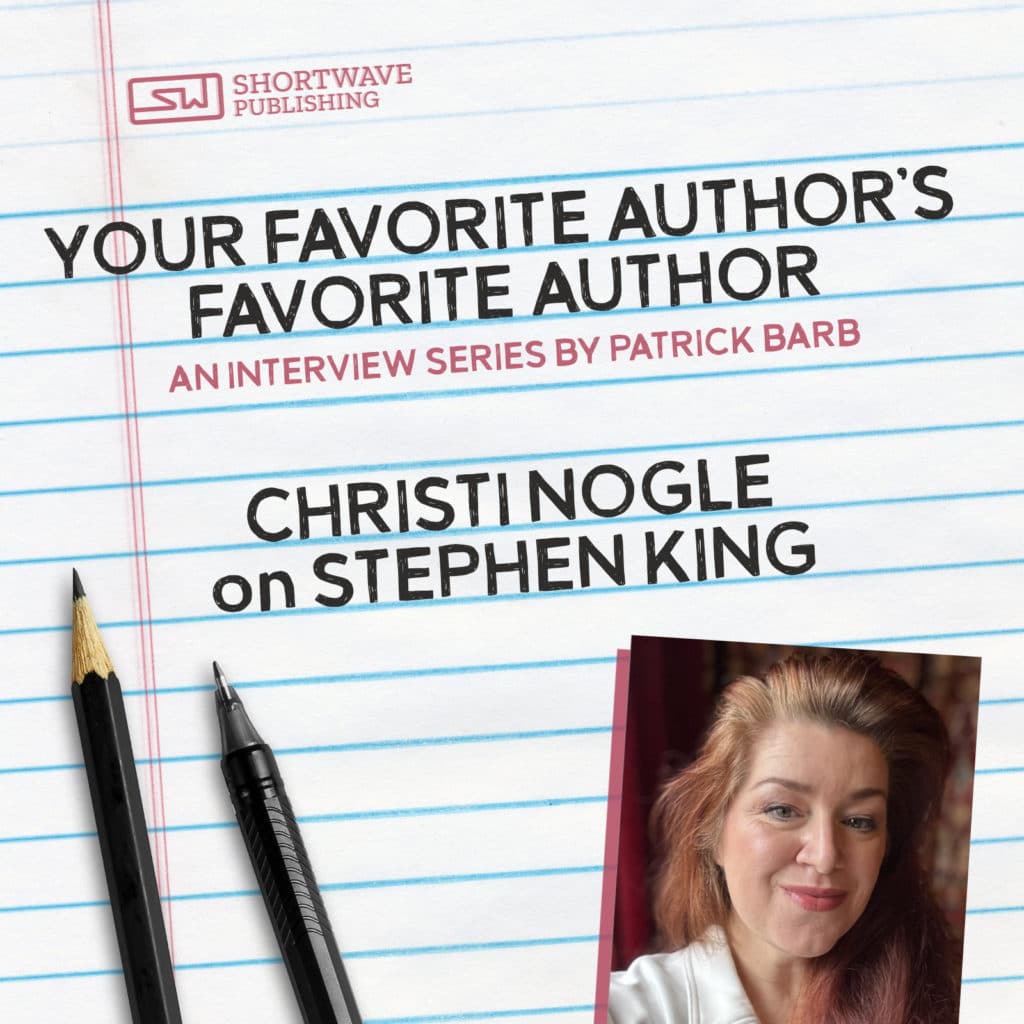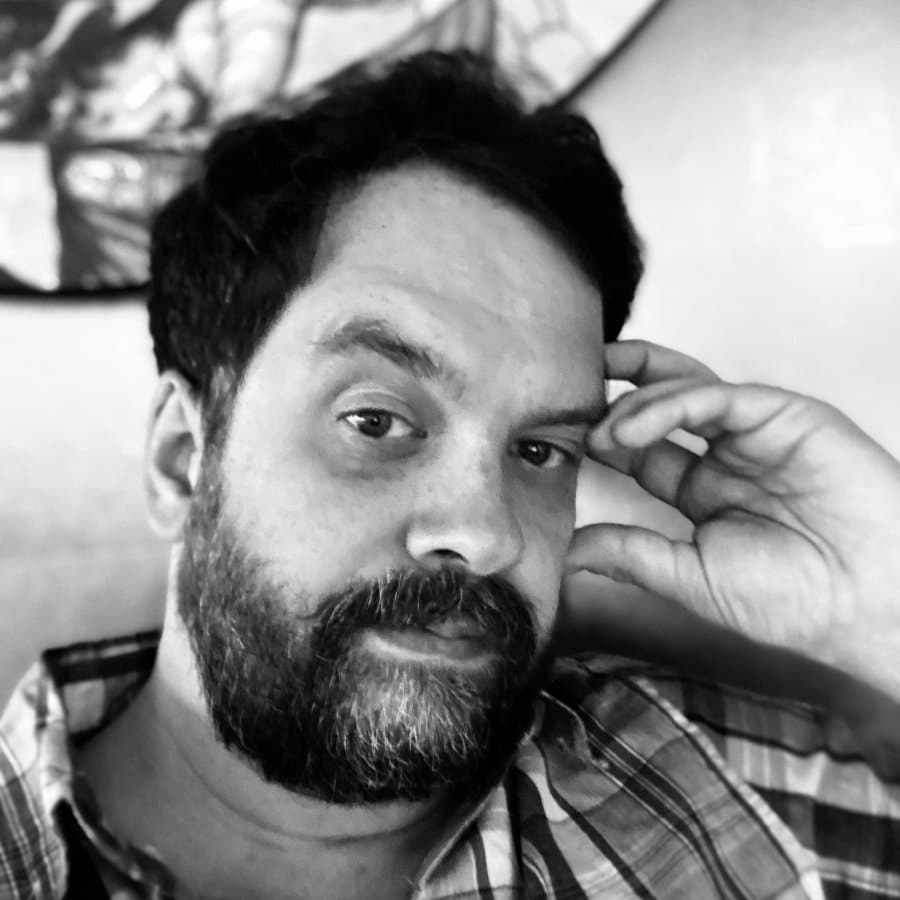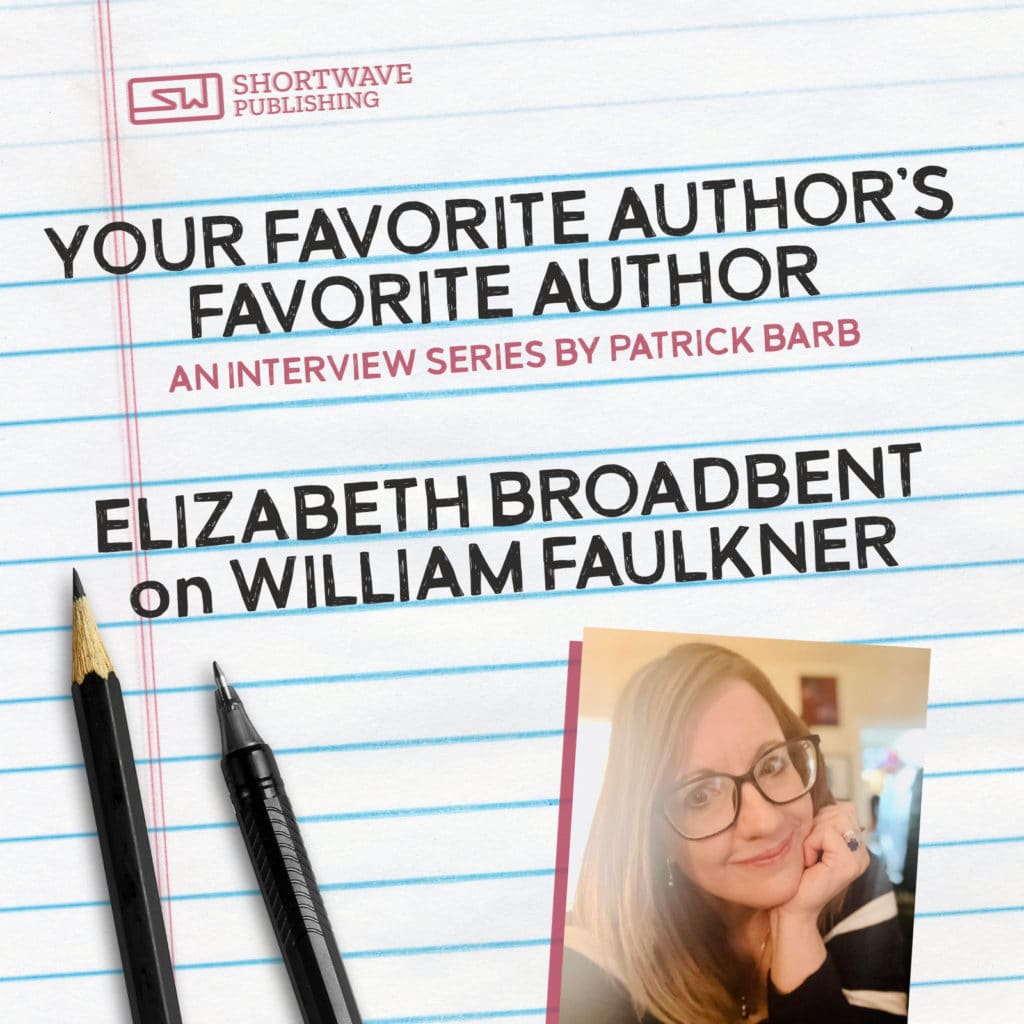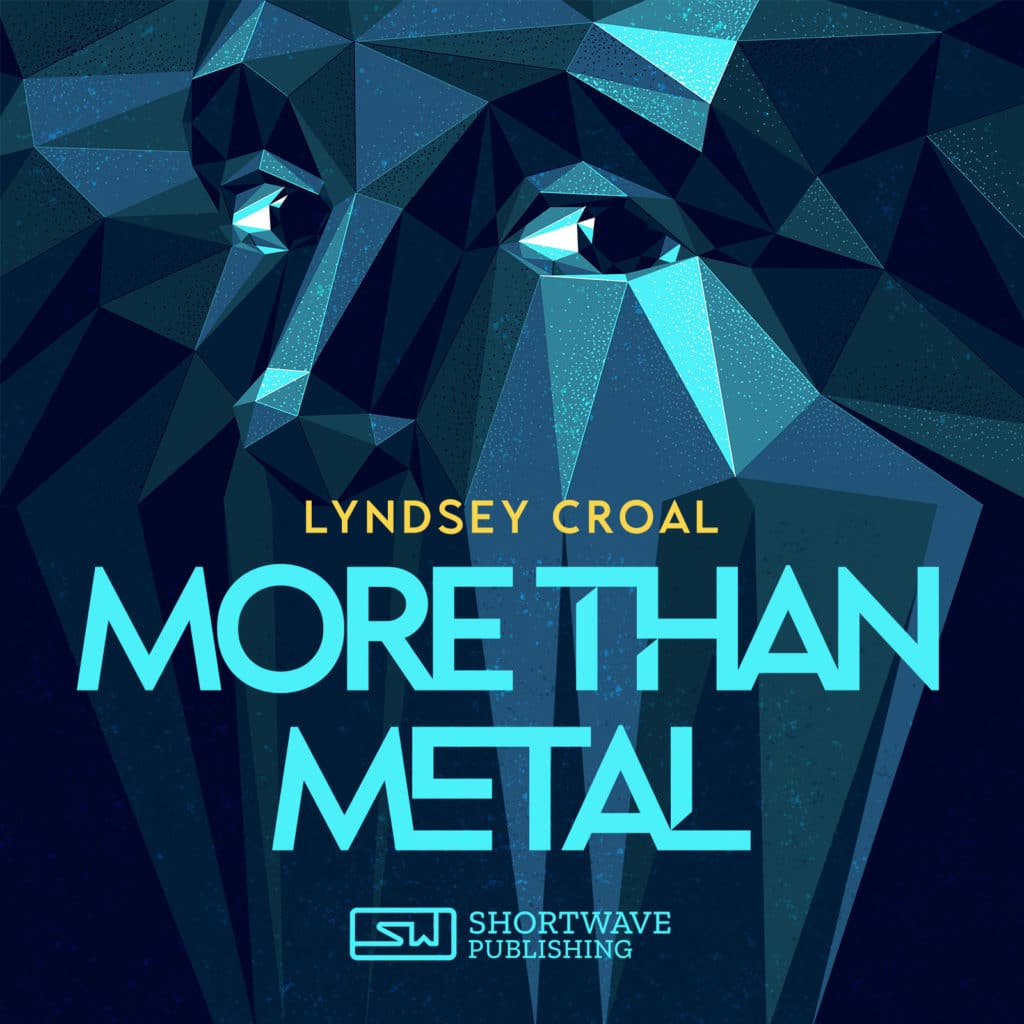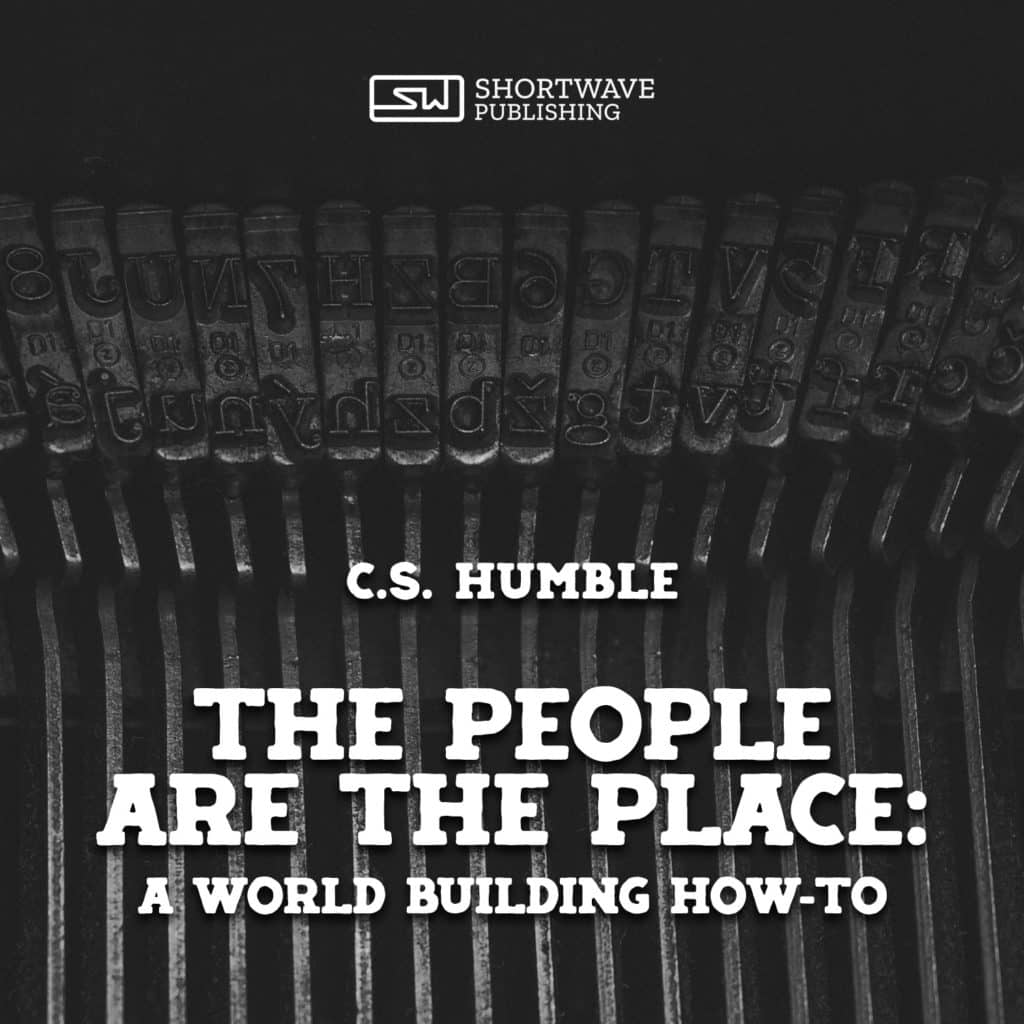When I first turned my attention to writing short fiction and found myself in the submissions trenches, there was one name that came up again and again. One author who was selling stories at a rapid clip—quite often to markets that I wanted to crack but hadn’t yet (and, in some cases, still haven’t)—and who even sold her first novel shortly after I’d caught on to her emerging short-story dominance. That author was Christi Nogle.
Christi Nogle is the author of the Shirley Jackson Award nominated and Bram Stoker Award® winning first novel Beulah and three short fiction collections, the Stoker-nominated The Best of Our Past, the Worst of Our Future; Promise: A Collection of Weird Science Fiction; and One Eye Opened in That Other Place. Her work has also appeared in over fifty publications including PseudoPod, Strange Horizons, and Apex Magazine. She is co-editor with Willow Dawn Becker of the anthology Mother: Tales of Love and Terror and co-editor with Ai Jiang of Wilted Pages: An Anthology of Dark Academia.
And, yes, you read the above right. Three short-story collections. Horror, sci-fi, weird fiction, Christi excels at them all and has the output to prove it.
I was absolutely thrilled when she picked Stephen King as her favorite author. Because for so many of us, King’s work is the gateway drug, that first hit of horror and not just horror, but stories about how horror affects characters and changes their worlds. And when you look back at the career of a grandmaster like King, what do you find? Prolific short story sales, a first novel about a girl with special powers…hmm, doesn’t that start to sound a little familiar?
It doesn’t matter whether your entry to horror is Stephen King or Christi Nogle. All that matters is that you’re here. And the stories are waiting…
Who is your favorite author and why?
Lots of contenders, but I'm going to say Stephen King because of the profound effect his work has had on my reading (and writing) life. As a teenager, I read Clive Barker, Anne Rice, and V.C. Andrews because they were next to King in the tiny horror section of Waldenbooks. I read Shirley Jackson's The Haunting of Hill House and Richard Matheson's I Am Legend, and revisited the works of Edgar Allen Poe, because King spoke so highly of them in Danse Macabre. By the time I'd moved through many of King's works and recommendations, I was a confirmed lifelong reader. I went on to fall in love with a diverse range of authors and books in and outside the horror genre as well as studying literature in grad school. I remain grateful that he helped keep me reading at an age when a lot of kids stop.
Danse Macabre really is something, isn’t it? Having an author of King’s stature kind of showing off the DNA of his stories and recommending some (at-the-time) contemporaries as well, really broadened my reading horizons.
Yes, I always appreciate thoughtful nonfiction books that help give a reader direction, and I wish we could get more of them. Wouldn’t it be wonderful to have a book like that from Tananarive Due or Stephen Graham Jones, for example?
[Interviewer note: Yes. Yes it would be.]
When were you first made aware of this author and when were you first drawn to their work?
When we were thirteen, my best friend suggested I buy Pet Sematary. She bought Misery, and we read the books while suntanning, then traded and read some more. I just kept picking up Stephen King novels whenever I had a few dollars. Before that, I had never been sure what to read, so I'd browse for a long time but would generally come out of a bookstore frustrated and with nothing to show from the trip. After I discovered King, my reading was sorted for a good long time.
What do you think it is about King’s work, especially during that period when you were first reading him, that made his writing so accessible to readers (his eventual constant readers) who hadn’t yet fully made that connection to reading/consuming fiction? I feel like there are many of our contemporaries out there with similar “origin stories.”
It’s so easy to feel lonely at that age even when you have a lot of friends, even when you talk on the phone with them for hours as my generation did in the eighties. Any book might address those feelings, but King’s use of ensemble casts and emphasis on relationships probably contribute to the books’ appeal. When I was younger, so many guy friends mentioned The Talisman as a favorite, and I think it must have been because of the relationship between Jack and Wolf—not to mention the way King let young people be autonomous and heroic in that book and others.
King also wrote about all kinds of abuse, religious hypocrisy, bullying, mental illness, corruption, etc., not to mention death—things that I had seen in my life but had rarely seen represented in the kids’ books and school literature I’d been exposed to at that point. That made his work feel honest and realistic to me, and I think kids are always seeking that kind of frankness.
Is there one particular piece of work from this author that you are especially fond of or that’s had a significant creative impact on you? What is that piece and what makes it so appealing or affecting for you?
The Dark Tower series for sentimental reasons. King was one of just a few authors that my mother and I were both enthusiastic about. She and I read the series at the same time years ago, and I remember using a lot of the lingo like "palaver" and "thankee sai" and so on, and then after she died while I was clearing out her house, I listened to the whole series in audio and found it so comforting. The experience made me feel closer to her, like I was revisiting a place that she and I had traveled to together.
Do you think that the hybrid genre aspects of the Dark Tower series had an influence on your own writing output? You’re a writer who has thrived in horror, sci-fi, and fantasy, while always leaving readers with the impression that they’ve read a “Christi Nogle” story. Were there any lessons taken from the Dark Tower books that have helped inform your style?
I’ve never thought of The Dark Tower as a direct influence, but I appreciate the way that it plays with genre and would love to get more into that at some point. I also love the idea of doing something grandiose and epic that still has a sense of humor about itself.
How often do you revisit that particular piece or the author’s work in general? What lessons have you learned at various times from the work?
I read something new from him once or twice a year, as so many of us do, and reread old favorites occasionally. King's short stories and novels like Pet Sematary, The Shining, Carrie, Salem's Lot, and Lisey's Story have been the most influential to me both because they made me feel something while I was reading and because they remained clear in my memory over time. I suppose the lesson comes down to empathy, how the author makes the reader feel and see what the characters feel and see.
I wonder if you could expand a little on the twofold effectiveness of those King works you note above: the immediate feeling on first reading and the clarity that stays over time. Could you give any specific examples of moments or elements in the initial readings that have stuck with you?
Emotional intensity is important. I think of the prom scene in Carrie, the funeral scene in Pet Sematary, the scene in Lisey’s Story where Scott cuts his hand, and so many scenes of domestic violence in The Shining. King is so adept at conveying strong emotions like desperation, rage, feelings of betrayal, longing for connection, and the like. Just as these moments are memorable when we have them in our own lives, I think they are memorable when we experience them through characters.
Layering important themes might be another way King builds a memorable novel. In Pet Sematary, for example, there’s a beautiful scene where the Creed family and their neighbor Jud initially take the path out to the place where pets are buried. This scene manages to bring together all these different threads—the hopefulness of the young couple, their conflicting views on death and on childrearing, the danger of the road, the warning about the place beyond, hints about what Jud knows, etc. I think that a lot of writers bring together different threads at the end of stories, but you don’t always see a scene like that so early in a story—and then so many other key scenes relate to that scene. The visitation, the trips beyond the barrier, and so on. They gather power because of how they connect to that early scene and to each other.
Are there any pieces in the author’s oeuvre that have not worked as well for you? If yes, which ones and why do you think that connection was not as strong?
Of course! I don't always love his works that are outside my preferred genres, and I sometimes bristle at certain attitudes and other aspects of even my favorite novels and stories. I don't think I've ever sent one of his books to the DNF pile, though, and I think that's a testament to his skill at developing and presenting a story. Even if it's not a story I particularly want to hear—or even if there's something that annoys, offends, or seems dated—I rarely have trouble finishing the book.
What writing lessons have you taken, purposefully or accidentally, from your favorite author?
Bring readers along with you into your imagination. Make them feel something.
One thing I notice in King’s work and yours as well is a sense of trust with the readers, a sense that they don’t need their hands held entirely when entering these worlds you’re creating. You trust them to catch up and fill in the blanks on their own. Could you talk a little about King’s work may have influenced your worldbuilding?
In On Writing, King says “Description begins in the writer's imagination, but should finish in the reader's,” and he says a number of other things about how writer and reader work together to make the story come alive. I appreciate the way he tends to skip over the undramatic moments in a story, and how he tends to avoid “info-dumping” at least compared with some other writers.
I try to do those things and would say my work is even more abbreviated and impressionistic. I enjoy that as a reader, but I know it doesn’t work for all readers.
Are there any works in your bibliography that you feel are closest to the work of your favorite—whether in terms of style, subject matter, length, etc.? Talk a little about those similarities.
Subject matter is probably the greatest similarity. In such works as Carrie, The Shining, Firestarter, The Dark Half, and the Dead Zone, King repeatedly explores the idea of a person with a talent/curse that sets them off from the world. This was definitely my subject matter in my novel Beulah. He writes of portals to other worlds, and I did a lot of that in my collection One Eye Opened in That Other Place. Also like King, I have attempted to put a personal spin on popular horror monsters in various stories (vampire, zombie, werewolf, and so on). Probably a lot of horror writers have done all three of those things.
I don't think my writing style would strike readers as similar to King's, but nonetheless there are certain lessons I have taken, such as slipping into stream-of-consciousness or changing prose style at key moments.
Where does your writing diverge from your favorite author’s? Are there any elements from your favorite author’s work that you would like to incorporate in your own? If yes, what are these?
Stephen King has been incredibly prolific and incredibly popular. I hardly need to say that I would like to write more quickly, finish more of what I start, and resonate with more readers. Connecting with a broad range of people is something that I might or might not ever do, but it’s a goal. I think any horror writer would also love to be able to create the sorts of memorable, iconic scenes that linger in a reader’s imagination for decades.
If a reader wanted to start reading your favorite author, what piece would you recommend they start with?
His books are so available that I would imagine that if someone hasn’t read King, it’s because they are purposefully avoiding doing so. If there are any new readers open to it, though, starting with his first novel, Carrie, would be a great idea because then you could go on and read the rest in order.
Wonderful pick. I think Carrie is such a lean, mean novel that it almost holds more kinship with King’s short fiction than his subsequent novel-length works. So, I have to ask: what’s your favorite King short story and why?
It’s been a while since I revisited any of his collections, and the pieces I liked most from them were novellas. I’ll say “Graveyard Shift” because it was so scary and gross that I still remember it a good thirty-five years after reading it.
If you could ask your favorite author one question about their work, what would it be?
He's written so much about his writing that I don't think I have any questions!
What do you have coming out next on the writing and publishing front? What are you working on now?
I’m working on a novel right now, and I have stories in several new and upcoming anthologies: Patrick Barb’s own And One Day We Will Die: Strange Stories Inspired by the Music of Neutral Milk Hotel, Salt Heart Press and TJ Price’s Between Doorways: Explorations into Liminal Space, Alex S. Johnson’s Hand of Doom: A Literary Tribute to Black Sabbath, and Holley Cornetto and Eerie River Press’s The Earth Bleeds at Night.
Thank you for taking the time to chat with me about your favorite author.
Where can readers find you online?
https://linktr.ee/christinogle, http://christinogle.com, and https://bsky.app/profile/christinogle.bsky.social

